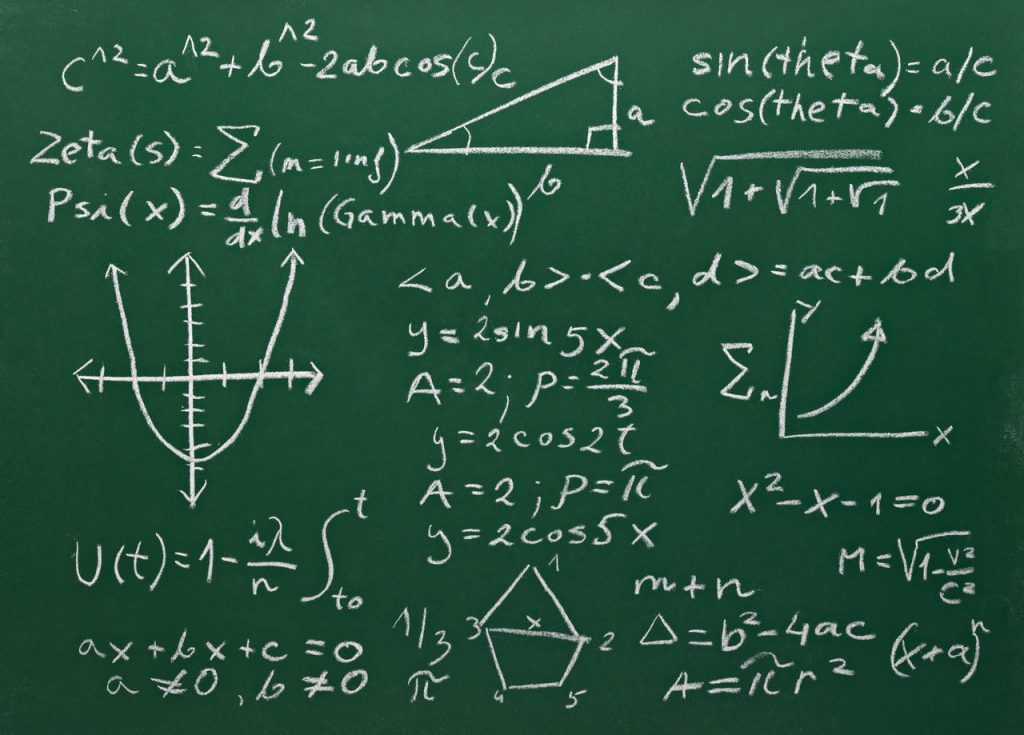What is piagetian and information processing theories?
What is piagetian and information processing theories?
Piaget’s stage theory suggests that the cognitive limitations are based on what developmental stage the child is in; the information-processing theory suggests that limitations are due to a child’s functional short-term memory capacity which is linked to age. …
What are the main differences between information processing theory and Piagetian theory?
Information Processing is how individuals perceive, analyze, manipulate, use, and remember information. Unlike Piaget’s theory, this approach proposes that cognitive development is ongoing and gradual, not organized into distinct stages. The areas of basic cognitive changes generally occur in five areas: Attention.
What are new piagetian theories?
Neo-Piagetians propose that working memory capacity is affected by biological maturation, and therefore restricts young children’s ability to acquire complex thinking and reasoning skills. Therefore, brain maturation, which occurs in spurts, affects how and when cognitive skills develop.
What are the Piagetian concepts?
Piaget proposed four major stages of cognitive development, and called them (1) sensorimotor intelligence, (2) preoperational thinking, (3) concrete operational thinking, and (4) formal operational thinking. Each stage is correlated with an age period of childhood, but only approximately.
Why is information processing theory important?
Information Processing Theory is a useful framework for structuring corporate training. It offers you a formula for ensuring that your learners gain more than a passing knowledge of the material we present to them. It helps ensure that it’s encoded into their long-term memory for recall whenever it’s needed.
What are neo piagetian major criticisms of Piaget’s theory?
However, in contrast to Piaget’s theory, Neo-Piagetians argue that: Piaget’s theory did not fully explain why development from stage to stage occurs. Piaget’s theory does not take into account individual differences that allow some children to move through the stages of development more quickly.
What is neo Cognitivism?
Abstract. A new perspective has emerged in psychological learning theory which provides a more precise understanding of the relationship between cognition, emotion, and delinquent behavior. These new assumptions about learning have now been formalized in the literature as neo-cognitive learning theory.
What is the main idea of information processing theory?
The premise of Information Processing Theory is that creating a long-term memory is something that happens in stages; first we perceive something through our sensory memory, which is everything we can see, hear, feel or taste in a given moment; our short-term memory is what we use to remember things for very short …
What are information processing strategies?
Processing information involves taking raw information and making it more useful by putting it into context. In general, information processing means processing new data, which includes a number of steps: acquiring, inputting, validating, manipulating, storing, outputting, communicating, retrieving, and disposing.
What is the information processing theory?
The information processing theory is an approach to the cognitive development of a human being, which deals with the study and the analysis of the sequence of events that occur in a person’s mind while receiving some new piece of information. The information processing theory, as we know it today, was not created but developed by George Miller.
What is Piagetian theory of intelligence?
PIAGETIAN THEORY OF INTELLIGENCE. the theory of cognitive development posited by Jean Piaget, in accordance with intelligence that cultivates during four major phases: (i) the sensorimotor, spanning from birth to around two years of age, (ii) the preoperational, from two years to seven years old, (iii) the concrete operational , spanning from seven years old to twelve, and (iv) the formal operational which begins at twelve years of age and continues on indefinitely.
How many stages are in Piaget cognitive theory?
The four stages in Piaget’s Theory of Cognitive Development are the sensorimotor stage, preoperational stage, concrete operational stage, and formal operational stage. These stages cover things such as reflexes to adolescent egocentrism. (Santrock)
